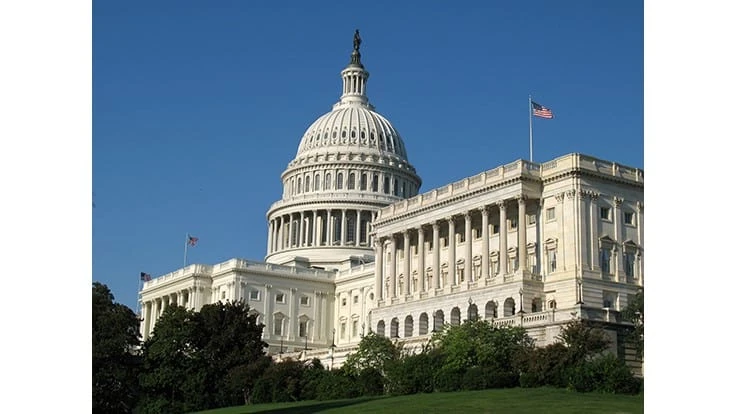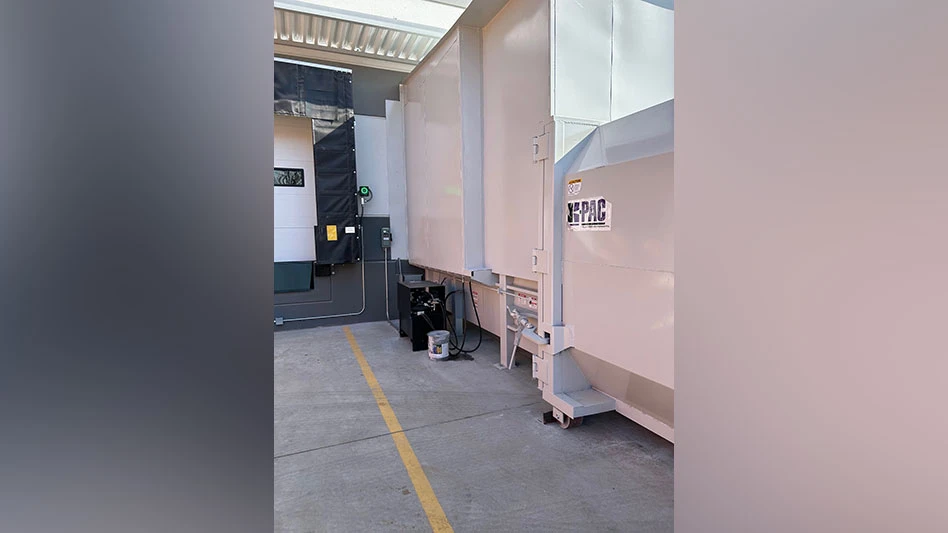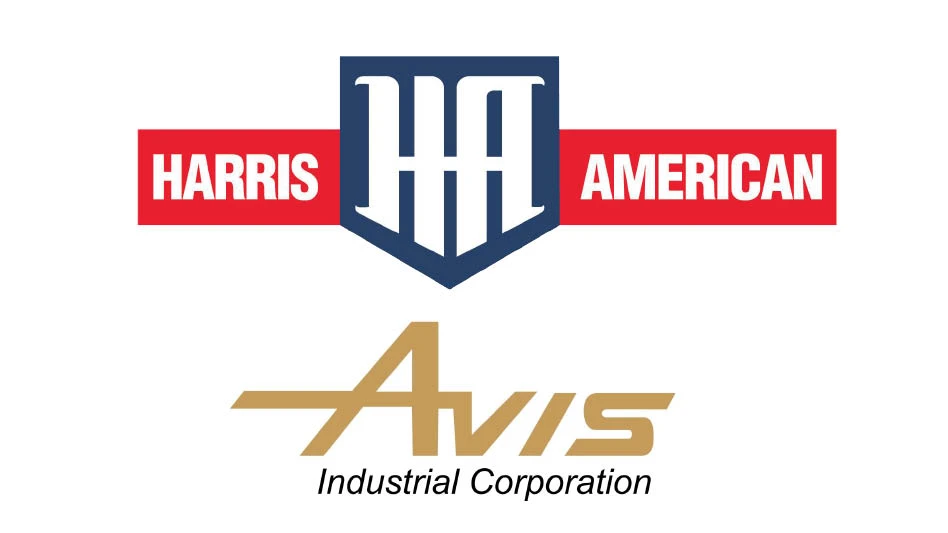
© Richard Gunion | Dreamstime.com
The Institute of Scrap Recycling Industries (ISRI), Washington, has released its 2021 Advocacy Agenda, which it says highlights the association’s “proactive engagement on new challenges and opportunities at the local, state, federal and international levels.”
ISRI Vice President of Advocacy Adina Renee Adler says, “The recycling industry’s pivotal role has perhaps never been more prevalent than it is now. As we look to 2021, advocacy priorities for the industry—market and industry growth, recyclables are not waste, balanced policy and regulation and safety—elevate the necessity of recycling to achieve a circular economy, meet sustainability goals and address climate challenges while also leading to opportunities for unprecedented economic growth in the United States and around the world.”
In its 2021 agenda, ISRI says it continues to promote the essential role of recycling to the U.S. and global manufacturing supply chain by advocating policy and regulatory language that clearly distinguishes recycling from disposal and recyclables from waste; responsible recycling, following best practices and standards and in full compliance with environmental, health and safety regulations; promoting end markets for recyclables through policy incentives (not mandates); free and fair trade; innovation; and engaging best practices for an inclusive workforce and strong community relationships.
The association says safety remains the industry’s No. 1 priority and that it will continue to promote best practices, including international recycling standards, the Occupational Safety and Health Administration’s (OSHA’s) Voluntary Protection Programs (VPP) and Safety & Health Achievement Recognition Program (SHARP) guidelines and the National Safety Council’s zero-roadway-deaths-by-2050 initiative.
ISRI says victories from its 2020 Advocacy Agenda include:
- recognition of recycling operations as essential businesses that supply critical raw materials to keep manufacturers in operation;
- victory over excessive demurrage charges by rail carries through a series of decisions by the Surface Transportation Board following advocacy efforts by ISRI and its members;
- continuation of ISRI’s partnership with the OSHA Alliance cooperative program;
- China’s “Recycled Raw Materials” import guidance that reinforces scrap is not waste; and
- The inclusion of language, provided by ISRI, that properly defines the respective and distinct roles of recycling versus waste management in the overall strategy of our country’s materials management strategy in the Save Our Seas 2.0 Act.
“Despite last year’s many obstacles, the resiliency of the recycling industry once again proved true,” Adler says. “From gaining the federal government’s essential business designation to the reinforcement that scrap is not waste by China’s import guidance, yesterday’s victories set the stage for today’s recycling industry to flourish.”
ISRI says its Advocacy Agenda is a living document that is continually updated to reflect the organization’s achievements and evolving priorities in the policy arena.
Latest from Recycling Today
- Enfinite forms Hazardous & Specialty Waste Management Council
- Combined DRS, EPR legislation introduced in Rhode Island
- Eureka Recycling starts up newly upgraded MRF
- Reconomy Close the Gap campaign highlights need for circularity
- Nickel carbonate added to Aqua Metals’ portfolio
- EuRIC, FEAD say End-Of-Life Vehicle Regulation presents opportunity for recyclers
- Recyclers likely to feel effects of US-China trade war
- BCMRC 2025 session preview: Navigating battery recycling legislation and regulations





